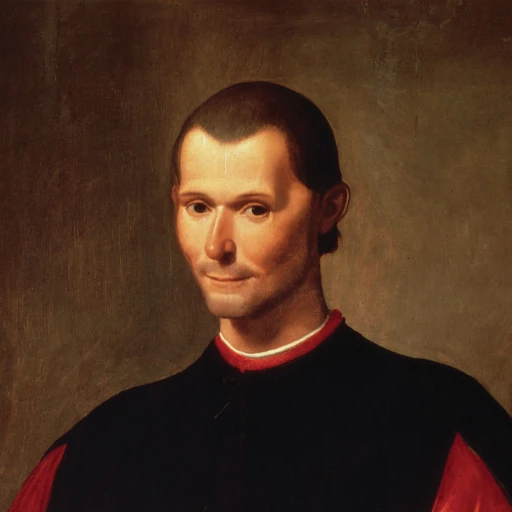“The wish to acquire more is admittedly a very natural and common thing; and when men succeed in this they are always praised rather than condemned. But when they lack the ability to do so and yet want to acquire more at all costs, they deserve condemnation for their mistakes.”

- May 3, 1469 – June 21, 1527
- Born in the Republic of Florence (Italy)
- Political thinker and diplomat
- Wrote The Prince, built the foundations of modern political science, and advocated realist political thought
Quote
“The wish to acquire more is admittedly a very natural and common thing; and when men succeed in this they are always praised rather than condemned. But when they lack the ability to do so and yet want to acquire more at all costs, they deserve condemnation for their mistakes.”
Explanation
In this quote, Niccolò Machiavelli acknowledges that ambition and the desire to acquire more—whether it be wealth, power, or influence—are fundamentally human instincts. Those who succeed in their ambitions are typically praised, as they have demonstrated the capability to achieve their goals. However, Machiavelli distinguishes between successful ambition and reckless ambition, arguing that when individuals desire more but lack the ability to achieve it, and yet pursue it at any cost, they deserve condemnation. This reckless pursuit of more without the necessary means or strategy often leads to failure, dishonor, and ruin, and it is the inability to properly navigate these ambitions that marks a leader or individual as misguided.
Machiavelli’s message here is rooted in his pragmatic approach to power and success. He recognizes that human nature drives people to expand their influence or wealth, but he also emphasizes that success is tied to ability—one must possess the means, skill, and strategy to accomplish their goals. Ambition is not inherently bad, but pursuing more than one can reasonably handle, without understanding or preparing for the consequences, is a serious mistake. In his political philosophy, this is a warning against rulers who overreach and attempt to seize more power without the resources or support to maintain it, thus risking their own downfall.
In the modern world, this quote is applicable in several contexts. In business, for example, a company may seek to expand into new markets or products. If it succeeds, it is celebrated for its vision and achievement. However, if the company tries to grow too quickly without the necessary resources or strategy—such as failing to manage its finances or overextending itself—it risks failure and financial ruin. Similarly, in politics, a leader who pursues an expansionist agenda without the means to sustain it may find themselves facing backlash or defeat. Machiavelli’s warning about reckless ambition serves as a reminder that success is not just about wanting more, but about having the capability to achieve it, and that overreach without preparation leads to downfall rather than glory.


